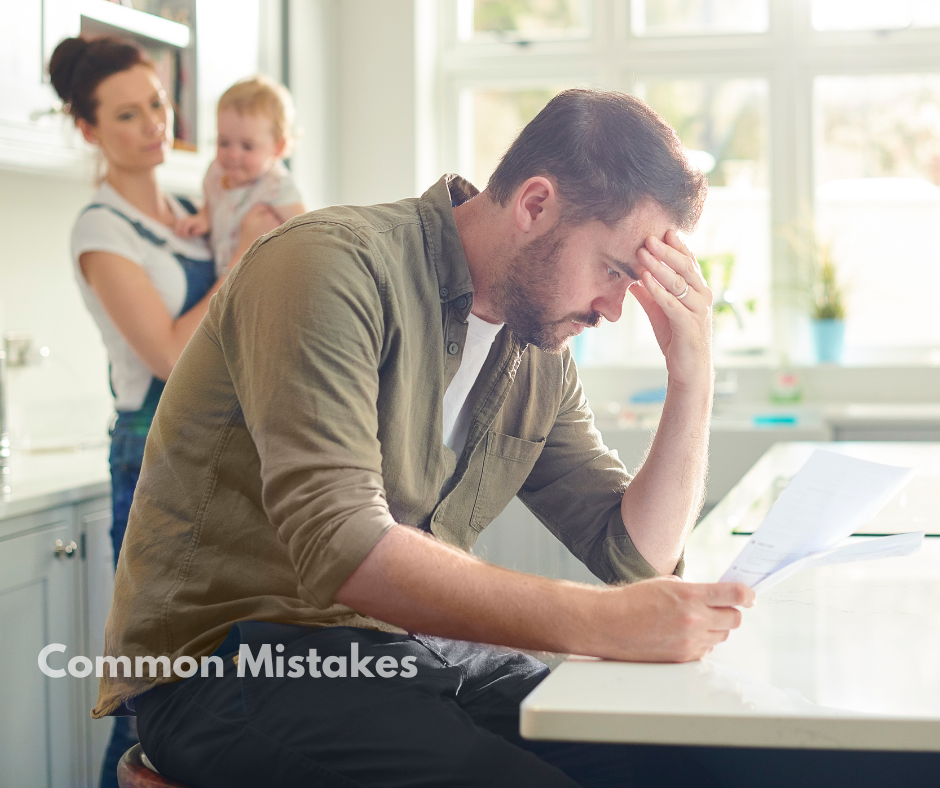Bankruptcy is often a last resort for those who have spent years struggling with credit card debt, personal loan debt, and other debt. Combined with the poor economy, in which many people are struggling to find decent-paying jobs, many people are struggling with daily life.
Getting a Refund?
One thing some of us look forward to, though, is tax refunds. Many people hate tax season, but then there are those who file as early as possible in hopes of getting a quick refund. If you are considering bankruptcy, you may have questions about what will happen to your tax refund since assets are given to creditors to pay down debts.
What happens to your tax refund depends on the type of bankruptcy you file. Here is a look at what you can expect, although the guidelines are not set in stone and could vary based on your specific case.
Chapter 7 Bankruptcy
The good news about Chapter 7 bankruptcy is that this type of bankruptcy is quick, taking just 4-6 months. If anything, it is possible that you may lose part or all of a tax refund, but that would be it.
It’s possible to lose the first tax refund because it is a refund of money earned before discharge. This would depend on when you file for bankruptcy, so timing matters. For example, if you filed for bankruptcy on June 30, and your income stayed the same throughout the entire year, then you and the bankruptcy trustee will likely split the refund. On the other hand, if you file for bankruptcy near the end of the year, nearly all of the refund could go to the trustee. There can be variations of this, depending on if you’re married and how you filed your taxes.
Chapter 13 Bankruptcy
With Chapter 13, you keep your assets since you are making payments toward a repayment plan based on your monthly income. Typically, any surplus income, like tax refunds, will go toward paying off your debts.
More than likely, you may have to wait until your repayment plan ends in order to keep your tax refund. However, this would depend on whether or not your repayment plan requires you to contribute your tax refund.
If you file for bankruptcy under Chapter 13, your bankruptcy trustee will likely want to use your tax refund to pay your creditors. That is because all of your disposable income goes into the repayment plan, and a tax refund will likely be considered disposable income.
You can try to show the court that you need to keep the refund based on an increase in necessary expenses. For example, you may be able to keep a tax refund if you have an emergency, like a car repair or a medical bill. In that case, you can ask the trustee for a plan modification so that you can keep your tax refund to pay for the emergency.
Contact Us Today
Many people look forward to their tax refunds every year. You may be concerned about it if you have filed for bankruptcy. Will you lose it? The Law Offices of Adam M. Freiman can help you understand the process and answer your questions. We will provide you with financial relief. Schedule a consultation by filling out the online form or calling (410) 486-3500.





